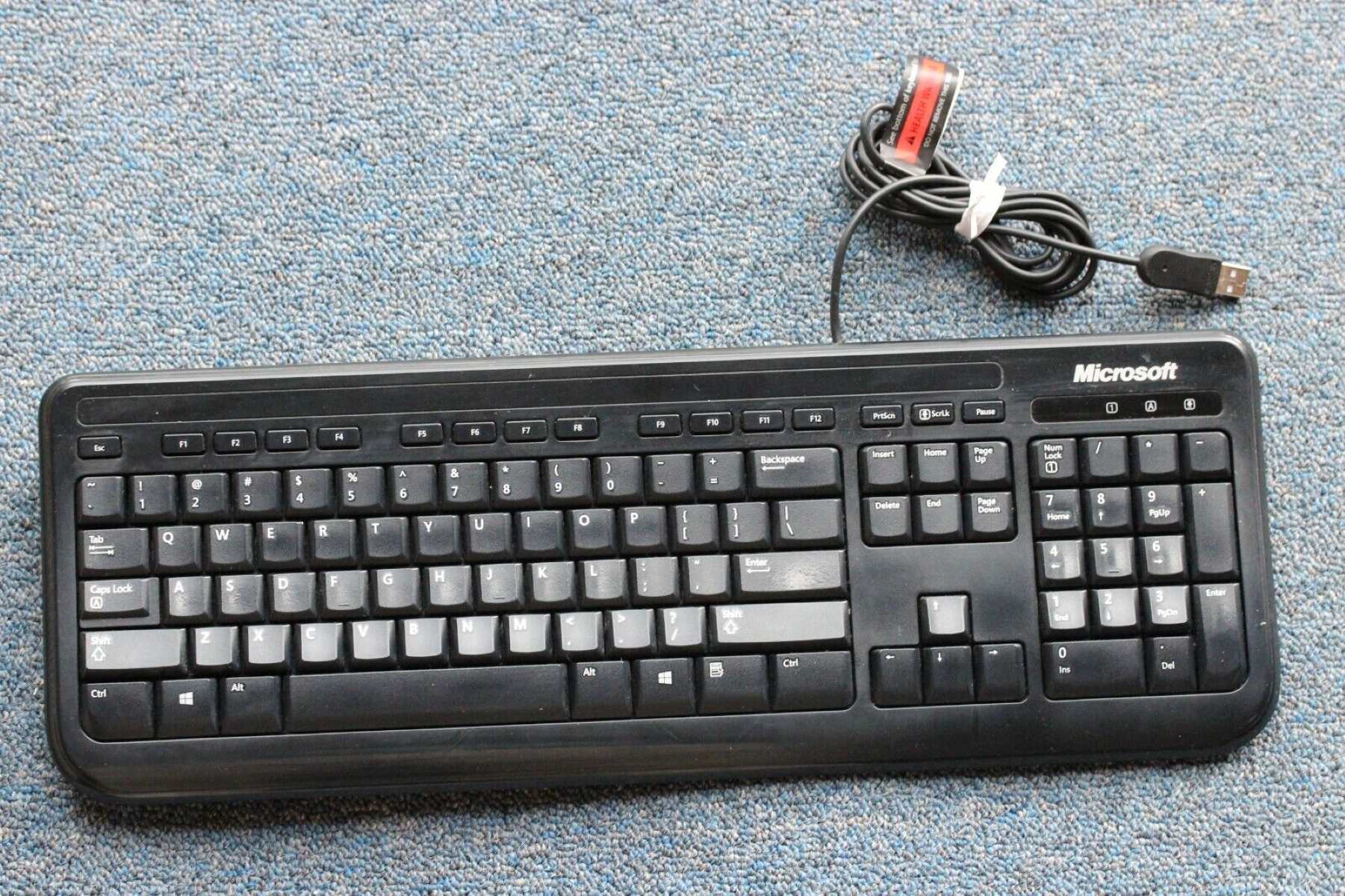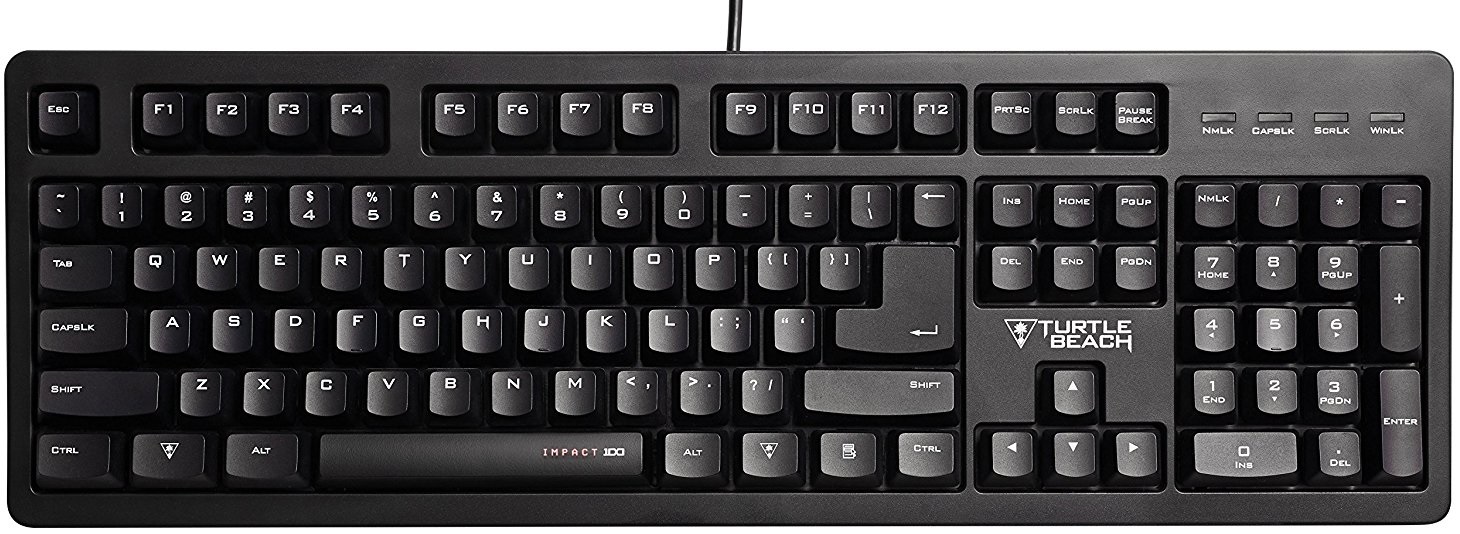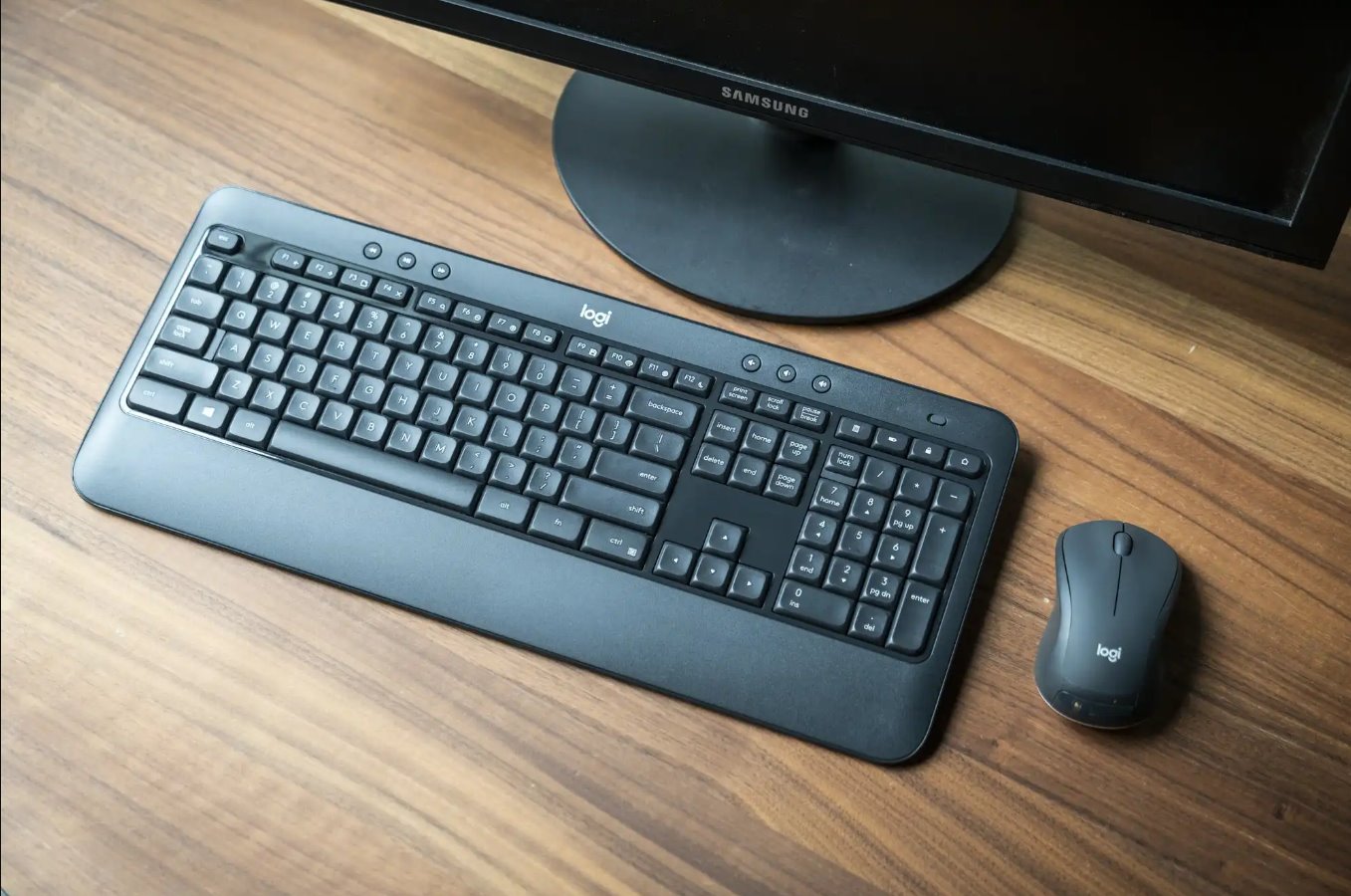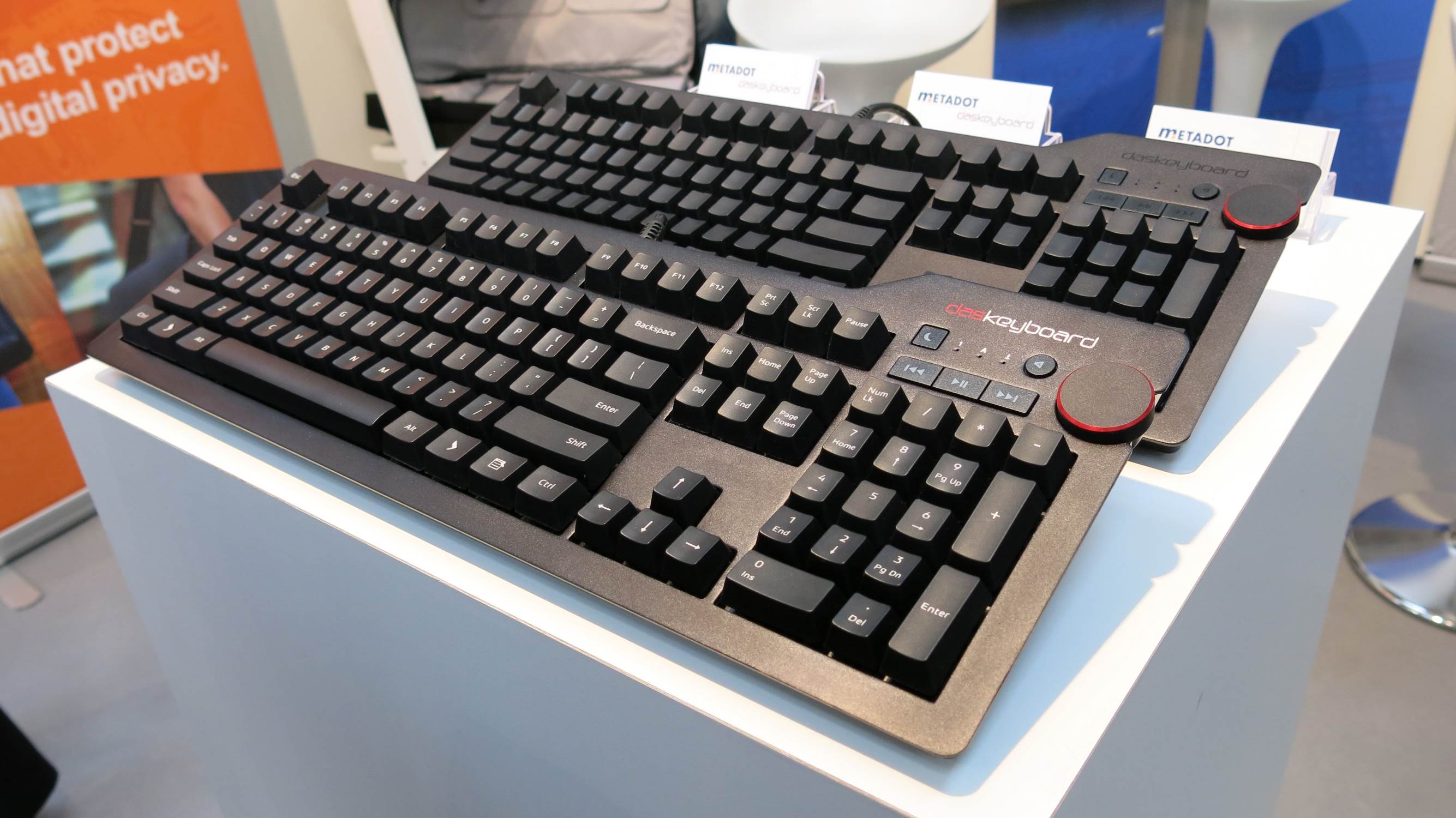Introduction
When it comes to choosing a keyboard for your computer setup, one of the key decisions you need to make is whether to go with a wired or wireless option. Both wired and wireless keyboards have their own set of advantages and drawbacks, making the decision somewhat challenging. In this article, we will explore the pros and cons of each type, as well as the factors you should consider when making your choice.
Wired keyboards, as the name suggests, are connected to the computer via a cable. They have been around for decades and are known for their reliability and stability. On the other hand, wireless keyboards use radio frequency or Bluetooth technology to connect to the computer without the need for a physical cable. They offer greater flexibility in terms of positioning and can reduce cable clutter on your desk.
As with any technology, both wired and wireless keyboards have their own strengths and weaknesses. Understanding these factors will help you make an informed decision and choose the keyboard that best suits your needs and preferences.
Pros and Cons of a Wired Keyboard
Wired keyboards offer several advantages that make them a popular choice for many users. Firstly, they provide a reliable and stable connection to the computer. Since they are physically connected through a cable, there is no risk of interference or signal loss, ensuring a consistent typing experience.
Another benefit of wired keyboards is that they do not require batteries. This eliminates the need to frequently replace or recharge batteries, saving you time and money in the long run. Additionally, wired keyboards have a lower latency compared to wireless ones, which means that the keystrokes are registered with minimal delay, resulting in a more responsive typing experience.
Moreover, wired keyboards are generally more affordable compared to their wireless counterparts. They are widely available and come in a variety of models and price ranges to suit different budgets. So, if you are looking for a cost-effective solution without compromising on performance, a wired keyboard may be the right choice for you.
However, there are a few drawbacks to consider when it comes to wired keyboards. The main disadvantage is the limited range of movement. Since they are connected by a cable, you are restricted to typing within the length of the cable. This can be inconvenient if you need to type from a distance or if you prefer a clutter-free workspace.
In addition, the cable of a wired keyboard can sometimes get tangled or damaged, leading to connectivity issues. This can be frustrating and may require you to replace the keyboard or repair the cable. Furthermore, the fixed connection can make it challenging to switch between devices or use the keyboard with a different computer.
In summary, wired keyboards offer reliability, stability, and affordability. They are well-suited for users who prioritize a consistent and responsive typing experience. However, their limited range of movement and potential cable-related issues should be taken into consideration before making a decision.
Pros and Cons of a Wireless Keyboard
Wireless keyboards have gained popularity in recent years due to their convenience and flexibility. One of the main advantages of a wireless keyboard is the freedom of movement it offers. Since there is no physical cable connecting it to the computer, you can position the keyboard wherever you want, allowing for a more ergonomic typing experience.
Another benefit of wireless keyboards is their portability. They are lightweight and compact, making them easy to carry and use on the go. This can be especially useful for individuals who frequently travel or work in different locations. Additionally, wireless keyboards eliminate cable clutter on your desk, creating a neater and more organized workspace.
Furthermore, wireless keyboards allow for easy connectivity to multiple devices. With Bluetooth-enabled keyboards, you can connect to various devices such as laptops, tablets, or smartphones, enabling seamless switching between devices for increased productivity.
However, wireless keyboards do have some downsides that should be considered. Firstly, they rely on batteries for power. This means you will need to regularly replace or recharge the batteries, which can be inconvenient and add to the overall cost of ownership.
In addition, there is a slight delay in the keystrokes registering when using wireless keyboards. While this latency is usually minimal, it can be noticeable for individuals who require precise and fast typing, such as gamers or programmers.
Furthermore, wireless keyboards are more susceptible to signal interference, which can result in intermittent connectivity or lag. This interference can be caused by other electronic devices in close proximity or even physical obstacles between the keyboard and the computer.
Overall, wireless keyboards offer flexibility, portability, and easy connectivity to multiple devices. They are ideal for individuals who value mobility and a clutter-free workspace. However, the reliance on batteries and potential latency and interference should be taken into account when making your decision.
Factors to Consider When Choosing Between a Wired and Wireless Keyboard
When deciding between a wired and wireless keyboard, there are several factors you should consider to ensure that your choice aligns with your specific needs and preferences.
One of the key factors to consider is your intended usage. If you are primarily using your keyboard at a stationary desk and need a consistent and reliable connection, a wired keyboard may be the better option. On the other hand, if you require mobility and the ability to use the keyboard from various positions or locations, a wireless keyboard would be a more suitable choice.
Consider the environment in which you will be using the keyboard. If you have a crowded workspace with multiple devices, a wireless keyboard can help reduce cable clutter and provide more flexibility in terms of positioning. However, if you have a dedicated workspace with limited interference, a wired keyboard may offer greater stability and uninterrupted performance.
Battery life is another important consideration for wireless keyboards. If you plan on using the keyboard for extensive periods or in situations where access to power sources is limited, choose a wireless keyboard with longer battery life or one that offers convenient charging options.
Take into account the ergonomics of the keyboard. Some wireless keyboards come with ergonomic designs that provide added wrist support and comfort during long typing sessions. If ergonomics are a priority for you, it may tip the scales towards a wireless keyboard.
Cost is also a factor to consider. While wired keyboards generally have a lower upfront cost, wireless keyboards may require additional expenses for batteries or charging cables. Take into account your budget and the ongoing costs associated with your choice.
Lastly, consider the compatibility of the keyboard with your devices. Ensure that the keyboard is compatible with your computer operating system and connection options. This is particularly important for wireless keyboards, as they may require specific Bluetooth or wireless capabilities to connect to your devices.
By carefully considering these factors, you can make an informed decision that matches your specific needs. Remember to prioritize the features that are most important to you, such as reliability, mobility, ergonomics, and compatibility, to choose between a wired or wireless keyboard that best suits your requirements.
Conclusion
Choosing between a wired and wireless keyboard ultimately boils down to your personal preferences and specific needs. Both options come with their own set of pros and cons, and understanding these factors will help you make the right decision.
If you prioritize a reliable and stable connection, affordability, and don’t mind a limited range of movement, a wired keyboard may be the optimal choice for you. They offer consistent performance, lower latency, and don’t require batteries.
On the other hand, if you value mobility, flexibility in positioning, and a clutter-free workspace, a wireless keyboard may be the better option. They allow for freedom of movement, easy connectivity to multiple devices, and provide a sleek and portable design.
Consider factors such as usage requirements, environment, battery life, ergonomics, cost, and compatibility when deciding between the two options. Carefully weigh the advantages and disadvantages to determine which keyboard type aligns with your specific needs and preferences.
Remember, there is no one-size-fits-all answer to this question. What works for one person may not work for another. Consider your unique circumstances and prioritize the features that are most important to you.
In the end, whether you go with a wired or wireless keyboard, what matters most is that it enhances your typing experience and meets your needs. So choose wisely, and happy typing!

























